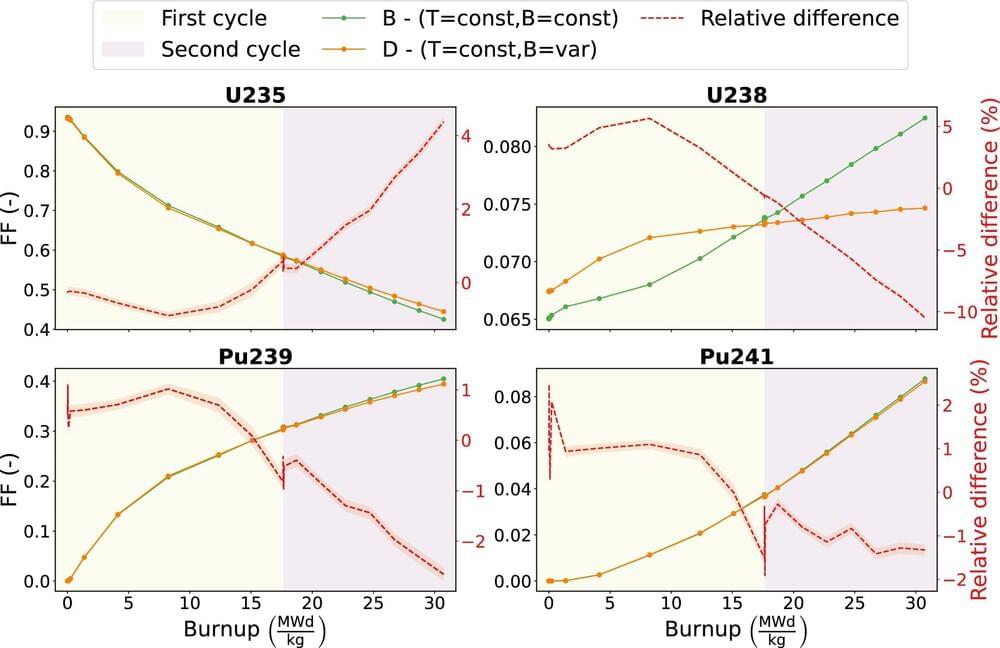Nuclear fission is the most reliable source of antineutrinos, but they are difficult to characterize. A recent study suggests how their emission can be simulated most effectively.
Antineutrinos are mysterious fundamental anti-particles with no charge and an exceptionally small but non-zero mass. The JUNO project (Jiangmen Underground Neutrino Observatory) in China is a large scintillation detector designed to detect them and to characterize their properties, particularly in precise measurements of that tiny mass. Anti-particles are hard to measure and even harder to control, even when they come from a strong and reliable source.
A group of Italian physicists, led by Monica Sisti of the Istituto Nazionale di Fisica Nucleare (INFN) in Milan and Antonio Cammi of the Politecnico di Milano and part of the JUNO collaboration of over 700 scientists from 17 countries, has now modeled parameters that determine the ‘antineutrino spectrum’ emitted by a source.
